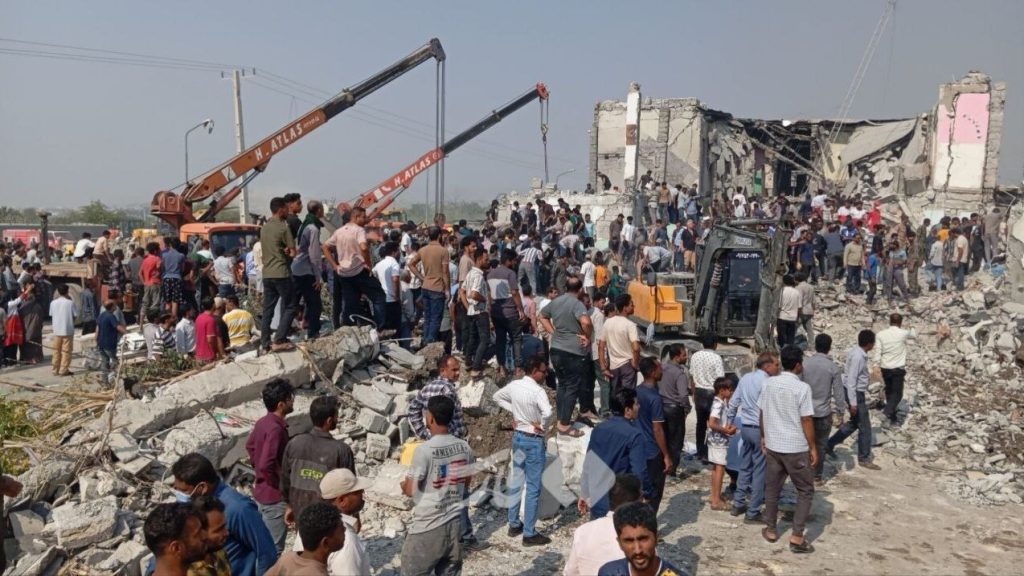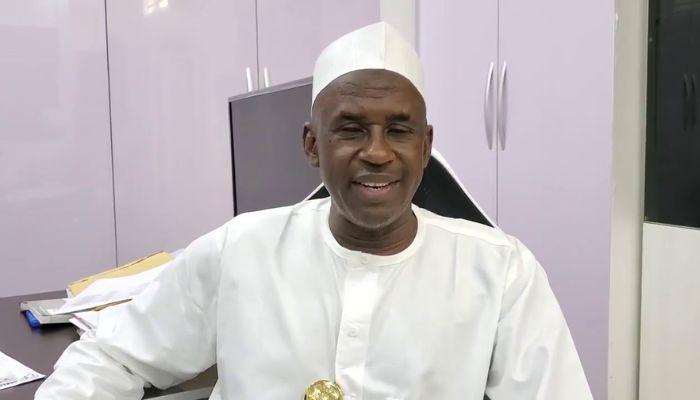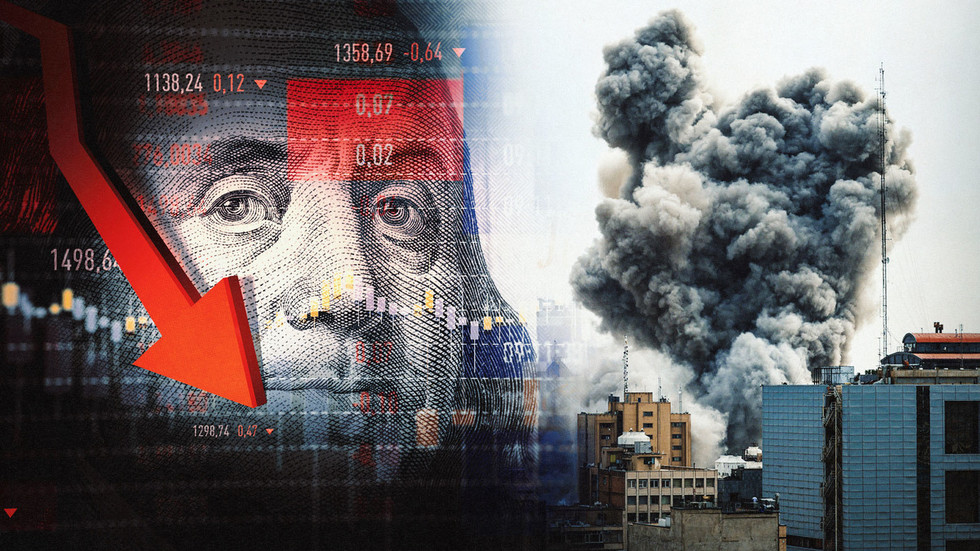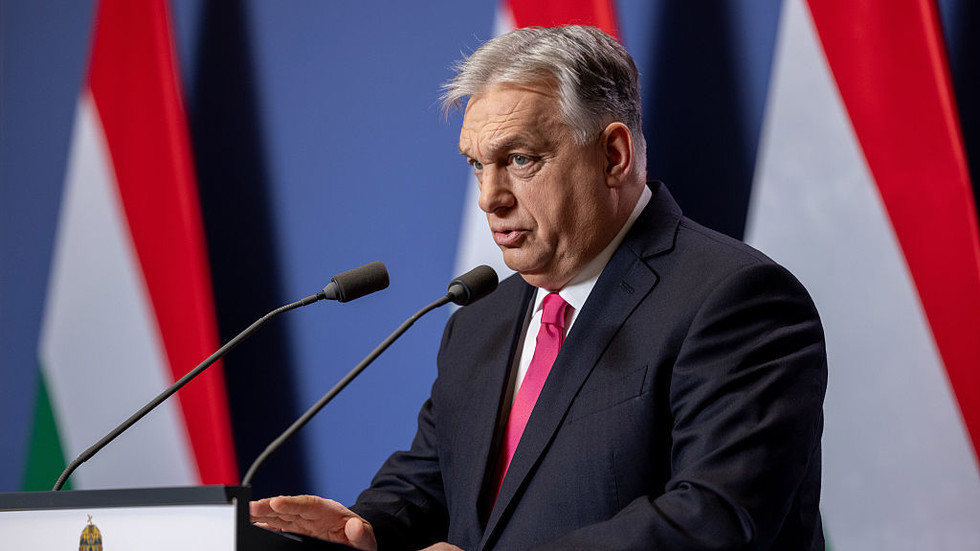Renewed Violence in Eastern DRC Claims 52 Lives, Sparks Humanitarian Concerns
At least 52 civilians have been killed this month in a wave of violence perpetrated by the Uganda-based Allied Democratic Forces (ADF) in the Democratic Republic of Congo’s North Kivu province. According to the United Nations peacekeeping force, MONUSCO, the attacks took place in the Beni and Lubero territories between 9 and 16 August, and were accompanied by kidnappings, looting, and property destruction.
The region is already grappling with a precarious humanitarian situation, and the UN mission has pledged to reinforce its support to the Congolese authorities to protect civilians. The ADF, which has pledged allegiance to the Islamic State of Iraq and the Levant (ISIL), is among several militias vying for control over land and resources in the DRC’s mineral-rich east.
This renewed violence comes against the backdrop of a separate conflict between the DRC army and the Rwanda-backed M23 group, which has been simmering in the region for months. Both sides have accused each other of violating a recently reached ceasefire deal mediated by the United States. Despite a commitment to sign a permanent peace deal by 18 August, no agreement was announced on Monday.
The ADF has a long history of violence in the region, dating back to the 1990s when it was formed by former Ugandan rebels disillusioned with Ugandan President Yoweri Museveni. After being forced out of Uganda in 2002, the group shifted its activities to neighbouring DRC, where it has been responsible for the deaths of thousands of civilians.
MONUSCO has reiterated the UN Secretary-General’s call for foreign armed groups in the DRC to lay down their arms unconditionally and return to their countries of origin. The international community remains concerned about the ongoing violence in the region and its humanitarian implications. With the death toll likely to rise, the situation demands urgent attention and concerted efforts to restore peace and stability in the affected areas.



